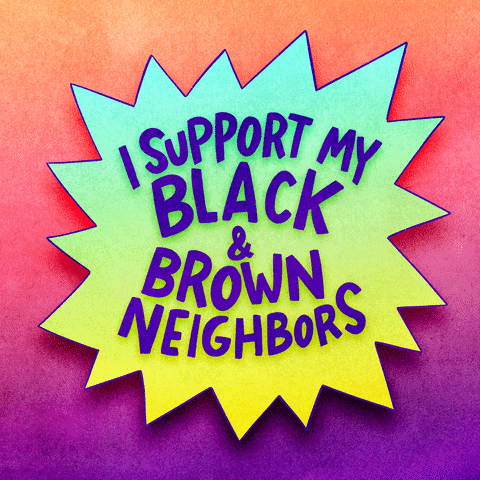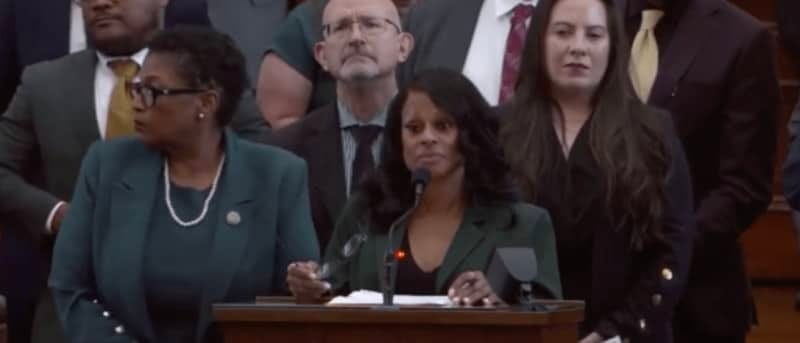- BlackVoter.Org
- Posts
- BlackVoter.Org
BlackVoter.Org


In "Make America Israel Again?", Mother Jones explores the rising influence of the National Conservatism movement, which seems to echo the tenets of MAGA while reaching towards a distinctly nationalist agenda. Highlighting speeches from influential figures like JD Vance and Josh Hawley, the article delves into the movement's shift from abstract ideas to concrete policies, particularly focusing on their anti-immigrant stance.
With the conference showcasing far-right personalities and provocative session topics, attendees aim to create a vision of America steeped in religious nationalism, echoing sentiments found within Israel’s own national identity. The organizers, closely linked to Christian Zionism and figures like Yoram Hazony, push for an America defined by its Anglo-Protestant roots.
As this nationalist ideology grows, it raises questions about the future of diversity and inclusivity in the U.S.
, hinting at a potential clash between traditional values and progressive ideals.


In a striking shift within Trump’s GOP, a vibrant wave of young Black conservatives is emerging, eager to leave their mark on the party. Leading the charge is CJ Pearson, whose recent "Cruel Kids Summer" event drew a lively crowd of congressional staffers and conservative influencers, highlighting an unexpected blend of culture and politics.
With their confident, stylish presence, these young politicos aim to reshape the narrative around conservatism, showcasing diversity and new ideas that could invigorate the MAGA movement. As they harness social media and grassroots efforts, they stand ready to challenge stereotypes and redefine what it means to be young and Black in today’s political landscape.
Their mission goes beyond mere party loyalty; they seek to make meaningful contributions that resonate deeply within and beyond the GOP.

Discover the rich history of African American steelworkers in the Calumet Region at the Chicago Public Library's exhibit, "Local Legends," running from September 2 to November 30, 2025. This compelling showcase highlights the pivotal role these workers played during the steel industry's heyday and their struggles against discrimination and unsafe working conditions.
As part of the Association for the Study of African American Life and History's theme, "African Americans and Labor," the exhibit delves into the resilience and activism that blossomed among steelworkers, particularly during the challenges of the Great Migration and World War II. You’ll learn how labor strikes and the journey toward civil rights transformed many lives, spotlighting grassroots efforts for justice in both the workplace and the community.

In a riveting exchange during Prime Minister's Questions, Kemi Badenoch grilled Prime Minister Sir Keir Starmer about the UK's escalating borrowing costs, citing warnings from former Monetary Policy Committee members about a potential economic crash. Starmer, unfazed, dismissed Badenoch's concerns, accusing her of trying to "talk down the country" and boasting about the UK's leading growth rate in the G7.
The back-and-forth highlights the tense dynamics of UK politics, as economic concerns become a hot topic amid shifting government narratives. As both leaders stake their claims on the nation’s financial health, the debate underscores the ongoing struggle for confidence in the economy.

In a heated debate over redistricting in Texas, Democratic state Rep. Nicole Collier sparked controversy by likening her party's flight from a vote to the struggles of enslaved people and Holocaust victims.
Texas Democrats broke quorum by traveling to blue states, aiming to block a proposed map that would favor Republicans with five additional congressional seats. Collier asserted that they were escaping their "oppressor," reminiscent of historical struggles for freedom.
The dramatic protest gathered attention as 51 Democrats sought to avoid fines and arrest warrants for their absence. While their efforts ultimately failed to thwart the Republican-led initiative, they returned to Texas after two weeks, vowing to continue the fight against what they termed a “racist gerrymander.
” This bold comparison has ignited discussions about the depths of political rhetoric in modern governance.

In a fiery exchange, Texas Governor Greg Abbott has vehemently dismissed Rep. Jasmine Crockett’s allegations of racism regarding the state's redistricting plans.
Speaking on "Fox News Sunday," Abbott countered Crockett's claims that new congressional maps would weaken the voting power of Black, Hispanic, and Asian voters, asserting that her comments are predictable and politically motivated. The redistricting debate intensifies as Abbott suggests it reflects shifting minority support towards the Republican Party, with new maps favoring predominantly Hispanic districts.
This clash isn’t new; the two politicians have faced off before over various issues, exacerbating tensions as Democrats attempt to dodge a vote by leaving the state. With Abbott warning of potential arrests for absentee Democrats, the stakes couldn't be higher as Texas navigates this contentious political landscape.

In a bold move, the Trump administration has set its sights on the National Museum of African American History and Culture, launching a brazen critique of its exhibits that illuminate America’s legacy of slavery, systemic racism, and inequality. By labeling the Smithsonian’s portrayal of history as “anti-American propaganda,” they aim to sanitize the narrative and erase uncomfortable truths about oppression and injustice.
This attack is not merely against museums but is a striking attempt to rewrite the painful chapters of U.S.
history—from slavery to Jim Crow—dismissing the heritage of Black Americans who suffered under these regimes. The administration seeks to diminish the gravity of historical realities that demand acknowledgment and repair.
As the battle for memory and narrative unfolds, the implications of such censorship threaten to silence the legacy of those who struggled for justice, making it a pivotal moment in America’s ongoing discourse about race and identity.